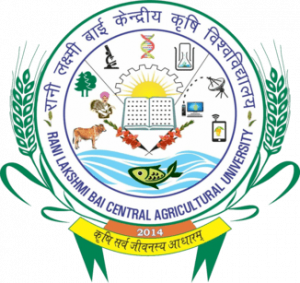Agricultural Economics

Agricultural economics is a specialized field within economics that focuses on the production, distribution, and consumption of agricultural goods and services. It examines how agricultural resources are allocated and utilized to maximize efficiency and profitability. This discipline integrates economic theories with practical farming and agricultural practices to address issues such as supply chain management, land use, and market dynamics. Agricultural economists analyze factors like crop prices, input costs, and government policies to help farmers and policymakers make informed decisions. They often use statistical and econometric methods to forecast trends and evaluate the impacts of different agricultural practices and policies on the economy and the environment.
Furthermore, agricultural economics also explores the broader implications of agricultural activities on rural development, food security, and sustainability. It assesses how changes in agricultural practices can influence rural livelihoods, income distribution, and regional development. The field also considers the role of innovation and technology in enhancing productivity and sustainability. As global challenges such as climate change and resource scarcity become increasingly pressing, agricultural economics provides valuable insights into how to balance economic growth with environmental stewardship and social equity. By addressing these complex interactions, agricultural economists contribute to the development of strategies that promote sustainable and resilient agricultural systems.
Page recently updated on September 4th, 2024 at 10:34 am



 About RLBCAU Information About RLBCAU
About RLBCAU Information About RLBCAU History History of RLBCAU
History History of RLBCAU Vision & Mission
Vision & Mission Jhansi About the City of Jhansi
Jhansi About the City of Jhansi From VC’s Desk
From VC’s Desk  Objective Objective of RLBCAU
Objective Objective of RLBCAU How To Reach How To Reach RLBCAU
How To Reach How To Reach RLBCAU University Act RLBCAU University Act
University Act RLBCAU University Act Regulations Regulations in RLBCAU
Regulations Regulations in RLBCAU Practical Manual (UG) Practical Manual (UG)
Practical Manual (UG) Practical Manual (UG) List of Students List of Students in RLBCAU
List of Students List of Students in RLBCAU Board of Management
Board of Management  Admission ProcedureAdmission Procedure of RLBCAU
Admission ProcedureAdmission Procedure of RLBCAU Academic Programmes Academic Programmes in RLBCAU
Academic Programmes Academic Programmes in RLBCAU College of Agriculture About College of Agricultire in RLBCAU
College of Agriculture About College of Agricultire in RLBCAU College of Horticulture & Forestry About College of Horticulture and Forestry
College of Horticulture & Forestry About College of Horticulture and Forestry College of Fisheries About College of Fisheries in RLBCAU
College of Fisheries About College of Fisheries in RLBCAU Recent News Recent News from RLBCAU
Recent News Recent News from RLBCAU Notice & Circulars Notice & Circulars from RLBCAU
Notice & Circulars Notice & Circulars from RLBCAU Press & Media Press & Media from RLBCAU
Press & Media Press & Media from RLBCAU Tenders Tenders from RLBCAU
Tenders Tenders from RLBCAU Hostel Hostel in RLBCAU
Hostel Hostel in RLBCAU Guest House Guest House in RLBCAU
Guest House Guest House in RLBCAU Library Details of Library in RLBCAU
Library Details of Library in RLBCAU 2024 Photo Album View Photogallery for 2024
2024 Photo Album View Photogallery for 2024

